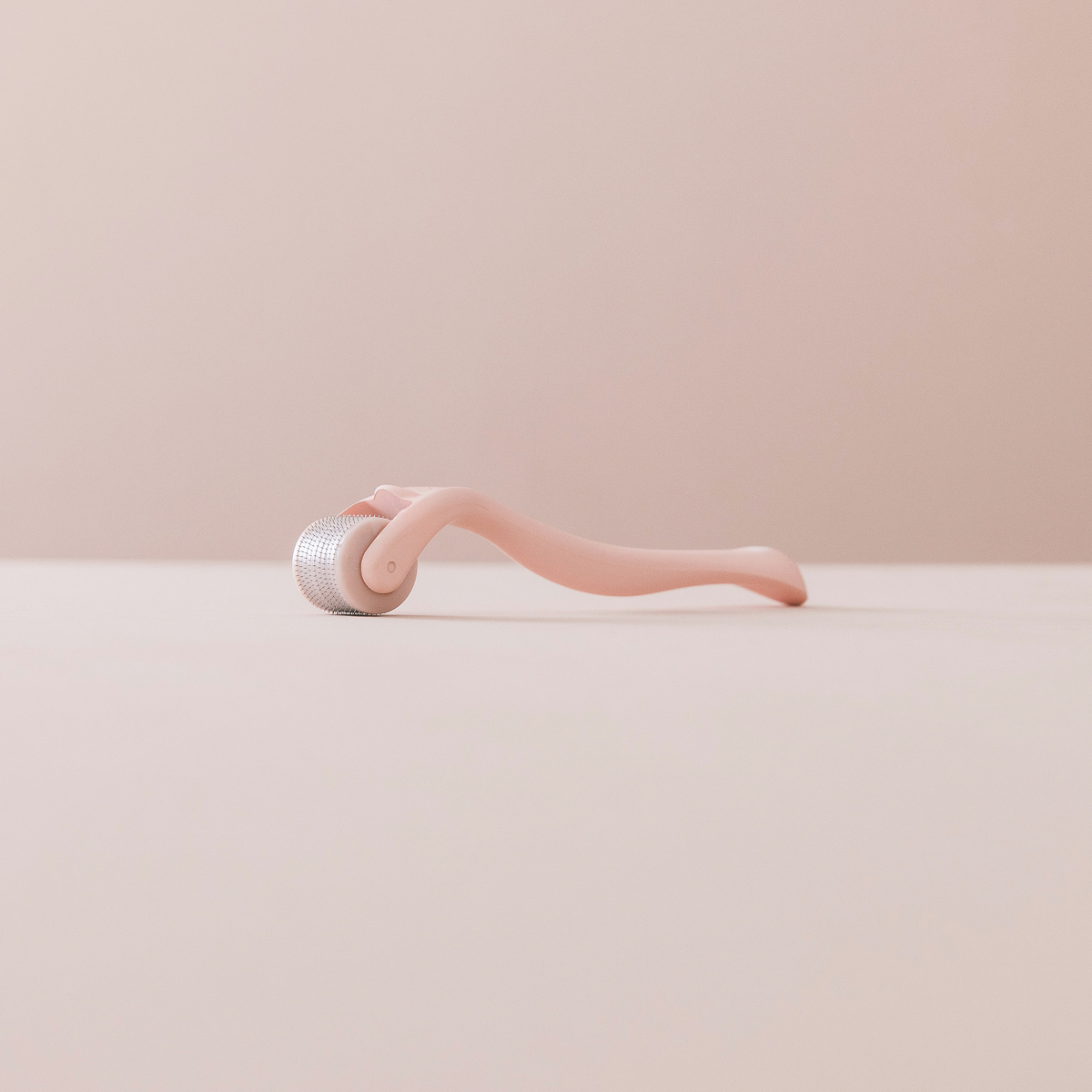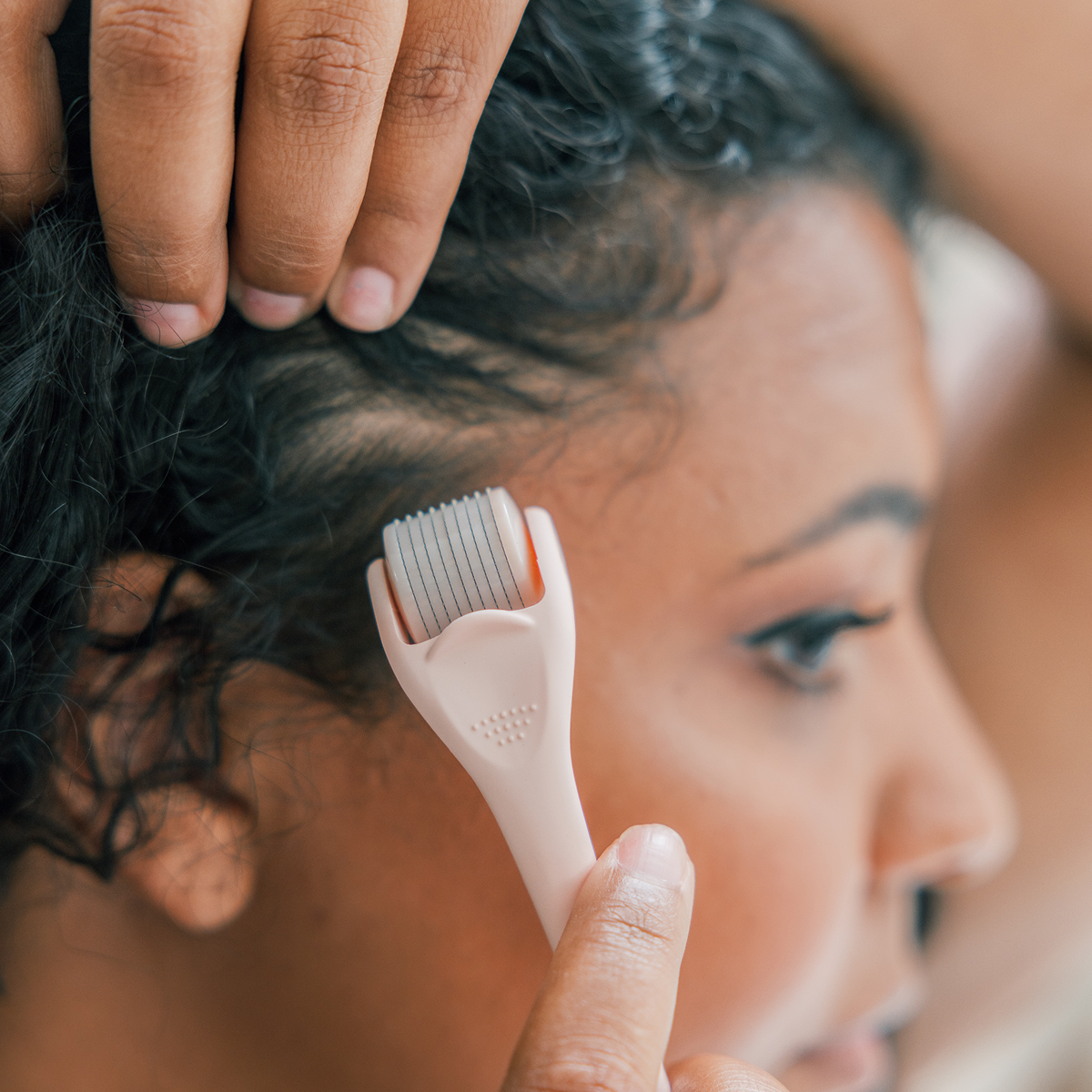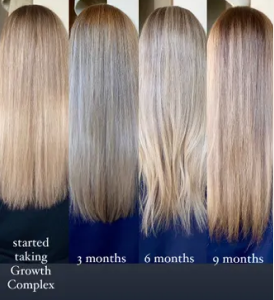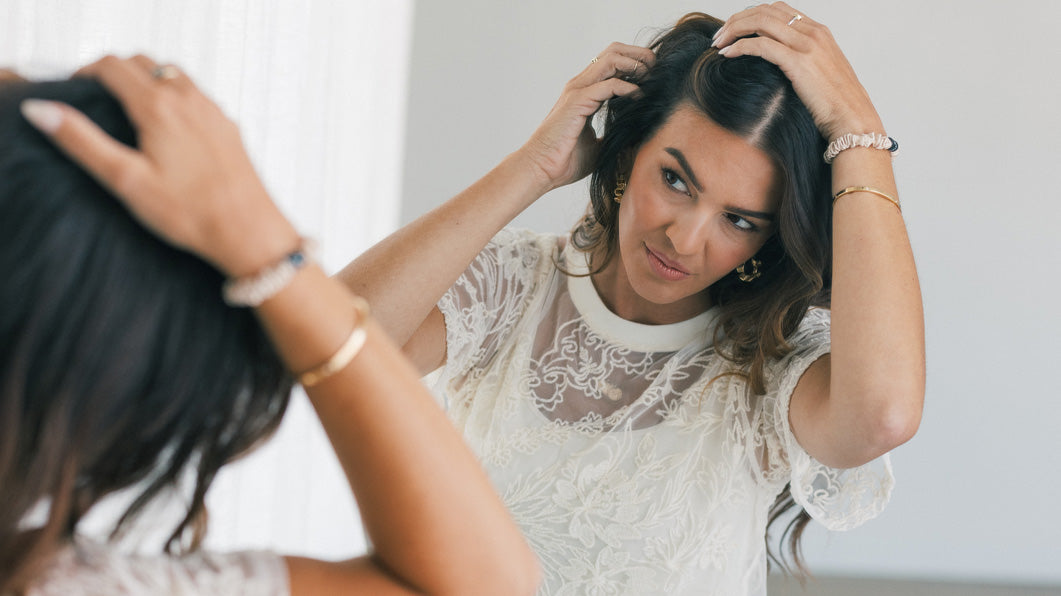Hair loss can be frustrating, and sometimes the reasons behind it aren’t as obvious as we think. While genetics, stress, and diet are commonly discussed factors, there are hidden causes that could be affecting your hair health without you even realizing it. Let’s dive into some lesser-known reasons your hair may be thinning and what you can do about it.
1. Hard Water Damage
If you live in an area with hard water, minerals like calcium and magnesium can build up on your scalp and hair. This creates a film that prevents moisture from penetrating the strands, leading to dryness, breakage, and excessive shedding.
Over time, hard water can make hair feel brittle, dull, and more prone to damage. Installing a shower filter or using a clarifying shampoo once a week can help remove these deposits and protect your hair.
2. Poor Scalp Health
Your scalp is the foundation for healthy hair, and when it’s not in good shape, hair growth can suffer. Issues like dandruff, excessive oil buildup, or even scalp inflammation can lead to clogged hair follicles and slowed growth.
Regular scalp massages, gentle exfoliation, and using products designed to maintain a balanced scalp environment can significantly improve hair health.
3. Nutrient Deficiencies
Hair needs essential nutrients to grow strong. Deficiencies in iron, zinc, vitamin D, and biotin can all contribute to hair thinning. If your diet is lacking these key vitamins and minerals, your hair may be paying the price.
Incorporating nutrient-rich foods such as leafy greens, nuts, seeds, and lean proteins can help. If needed, supplements can be a great way to fill in any dietary gaps.
4. Overuse of Dry Shampoo
Dry shampoo is a lifesaver for extending the time between washes, but using it too often can cause more harm than good. Product buildup on the scalp can clog follicles, leading to poor hair growth and even increased shedding.
To avoid issues, wash your hair regularly with a gentle, sulfate-free shampoo and make sure to exfoliate your scalp periodically.
5. High Levels of Stress and Cortisol
Chronic stress doesn’t just affect your mood—it can take a serious toll on your hair, too. Stress increases cortisol levels, which can push hair follicles into the shedding phase prematurely.
Finding ways to manage stress through activities like yoga, meditation, or regular exercise can help keep cortisol levels in check and support healthy hair growth.
6. Hormonal Imbalances
Hormones play a major role in hair health. Conditions like polycystic ovary syndrome (PCOS), thyroid disorders, or fluctuations in estrogen and progesterone levels can all lead to excessive shedding and thinning.
If you suspect hormones may be contributing to your hair loss, speaking with a healthcare professional can help you find the right treatment plan.
7. Tight Hairstyles and Overstyling
Wearing your hair in tight ponytails, buns, or braids too frequently can lead to traction alopecia, a form of hair loss caused by repeated tension on the hair follicles.
Letting your hair down more often, using softer hair ties, and alternating hairstyles can help reduce stress on the scalp and prevent long-term damage.
8. Sleeping on Cotton Pillowcases
Cotton pillowcases can cause friction while you sleep, leading to tangles, breakage, and frizz. Over time, this constant friction can weaken hair strands, making them more prone to falling out.
Switching to a silk or satin pillowcase can help reduce friction, protect hair moisture, and keep strands smooth and strong.
Taking Control of Your Hair Health
Understanding these hidden causes of hair loss is the first step toward healthier, stronger hair. If you’ve been struggling with excessive shedding, consider evaluating your daily habits and making small changes to support hair growth.
With the right care, nutrition, and scalp health practices, you can take control of your hair journey and start seeing improvements over time.



























